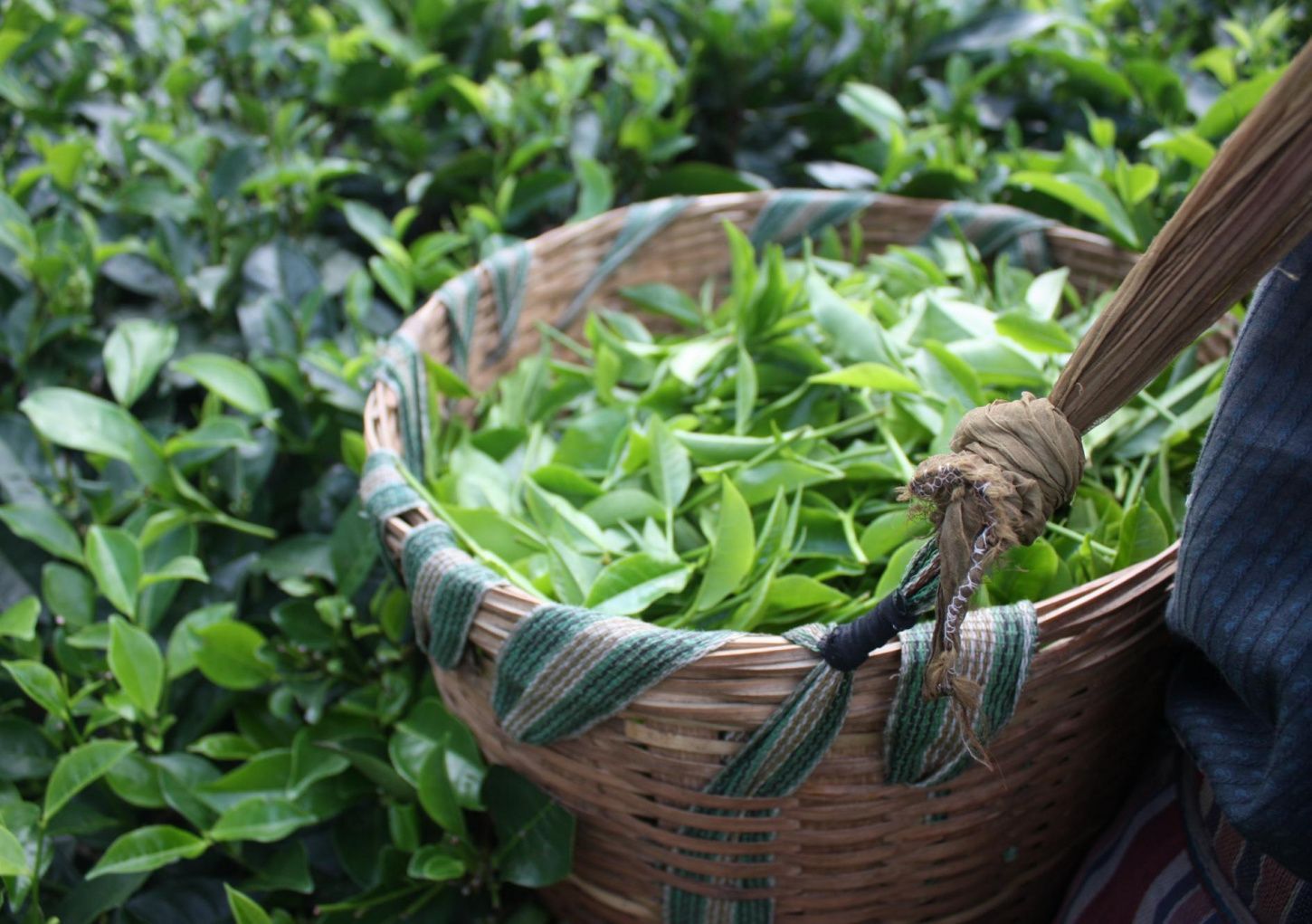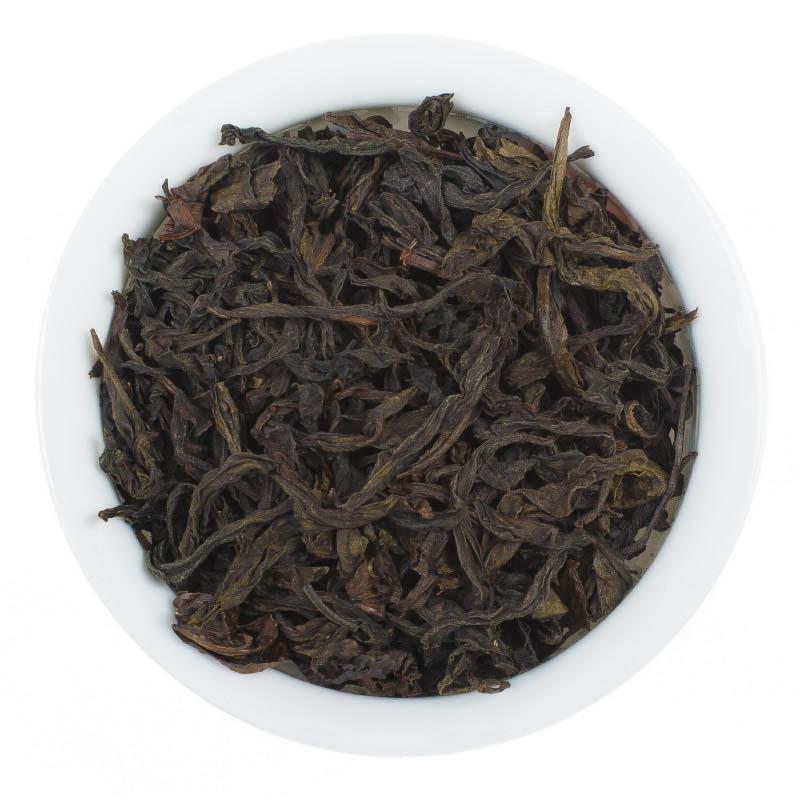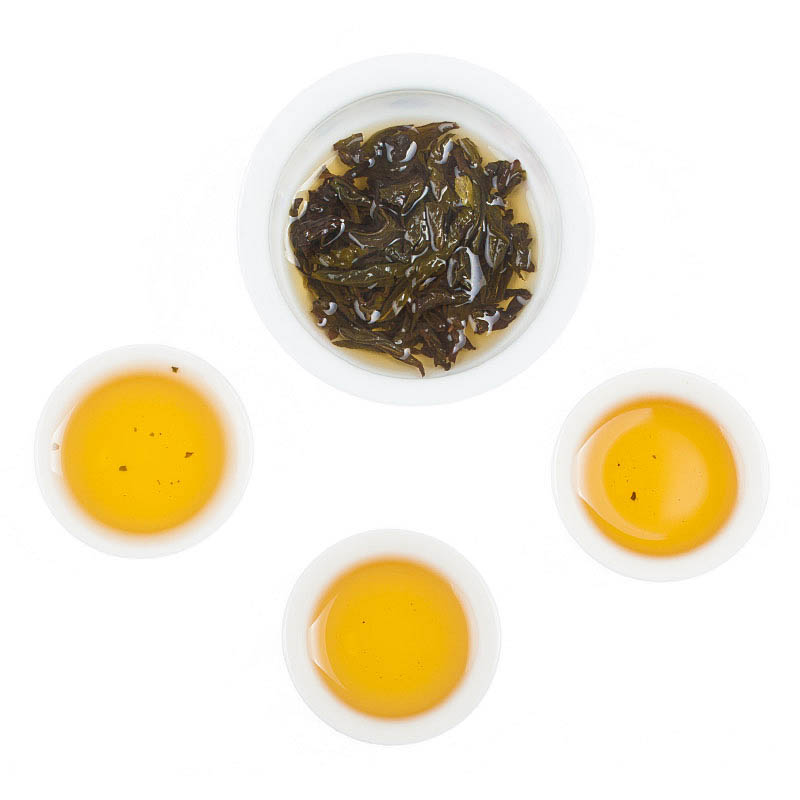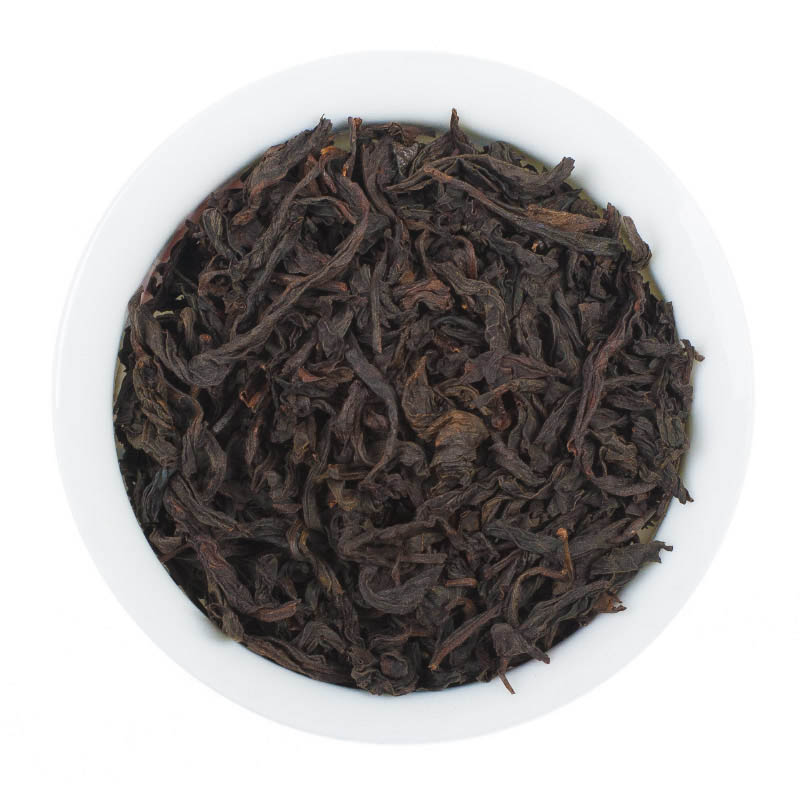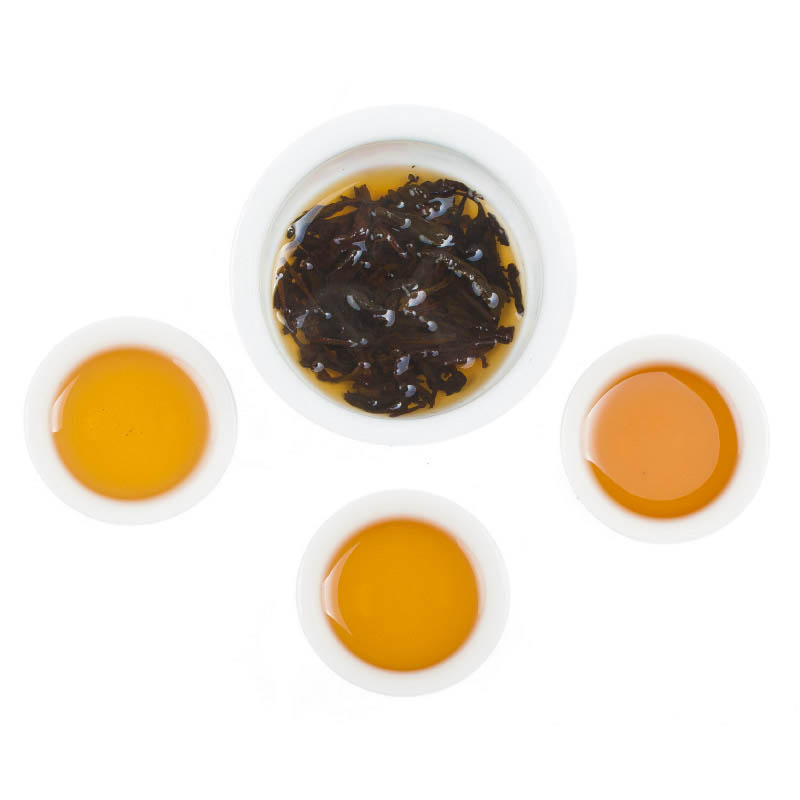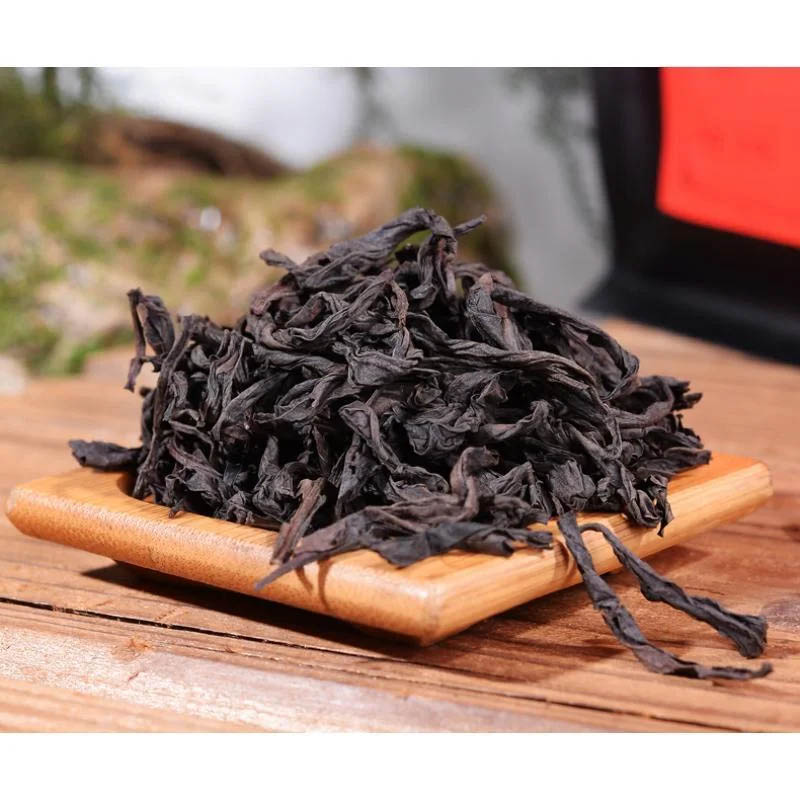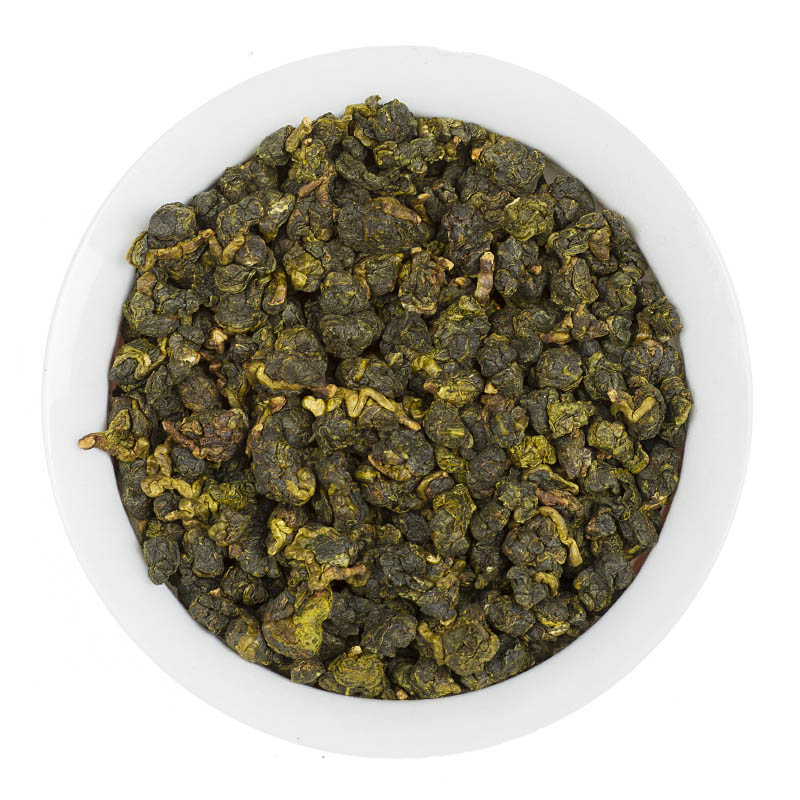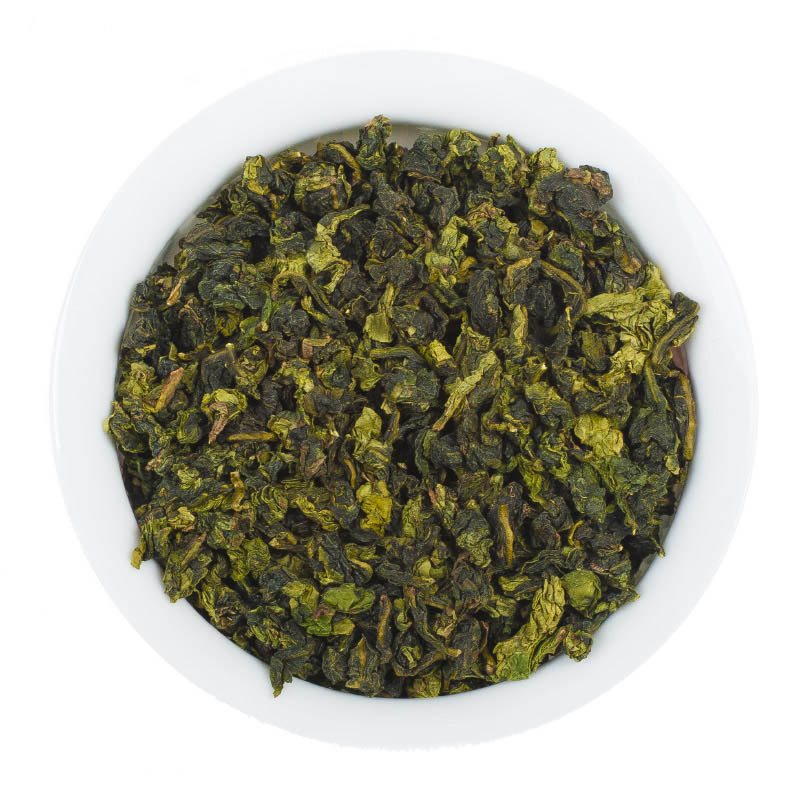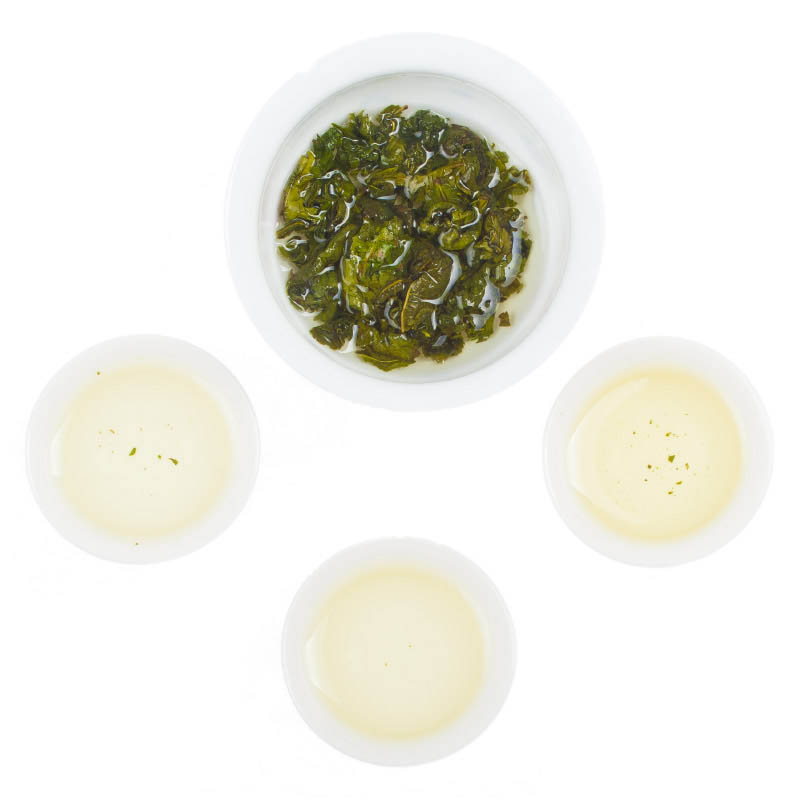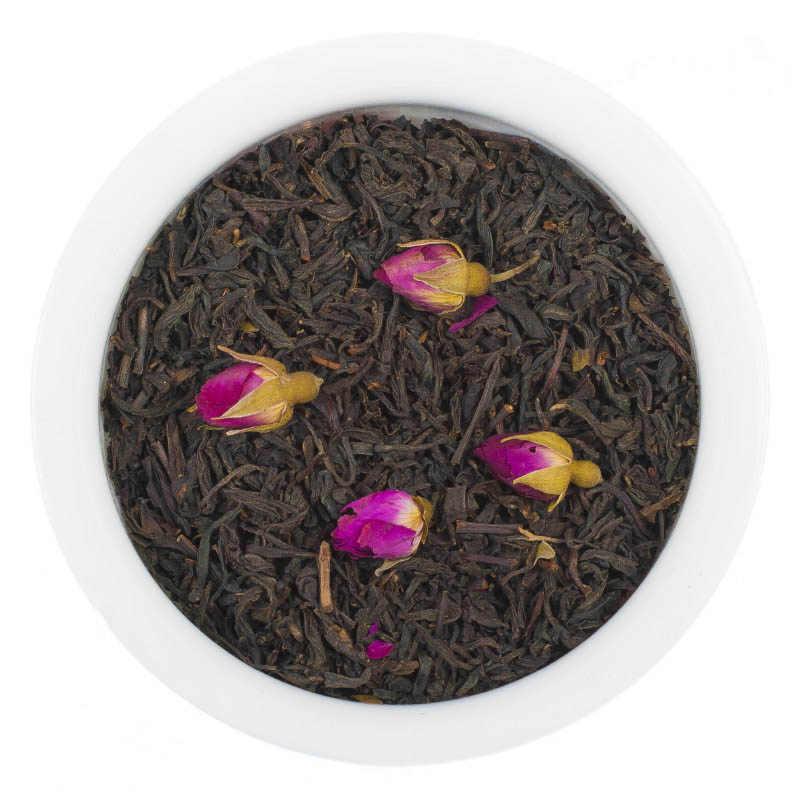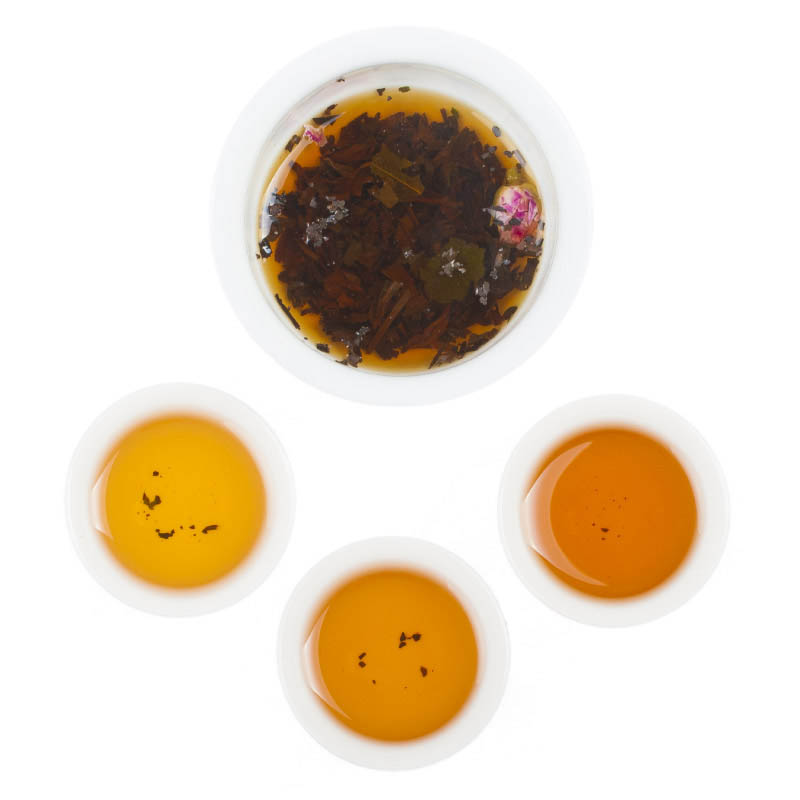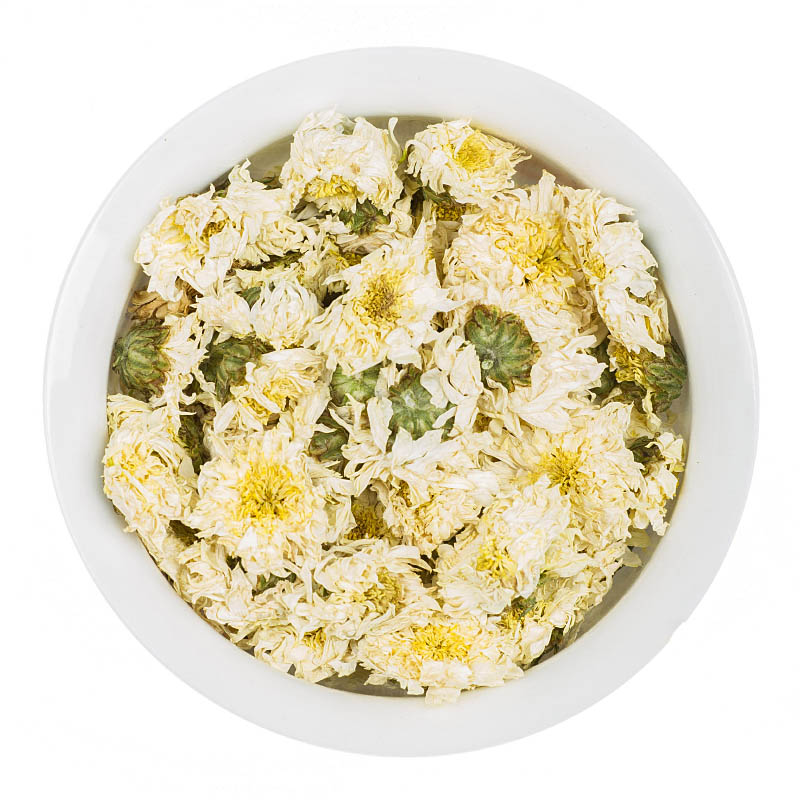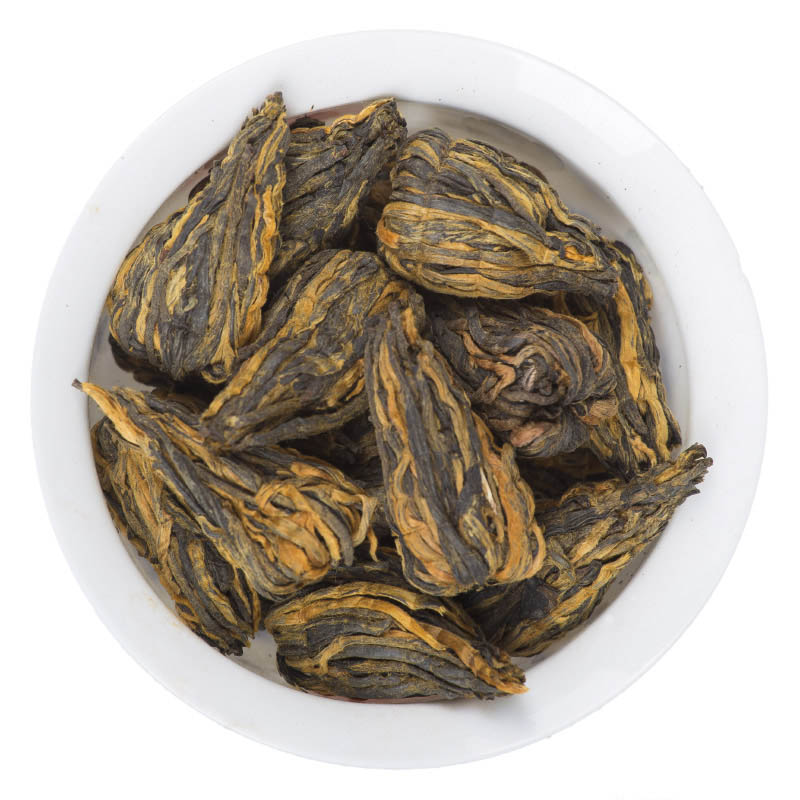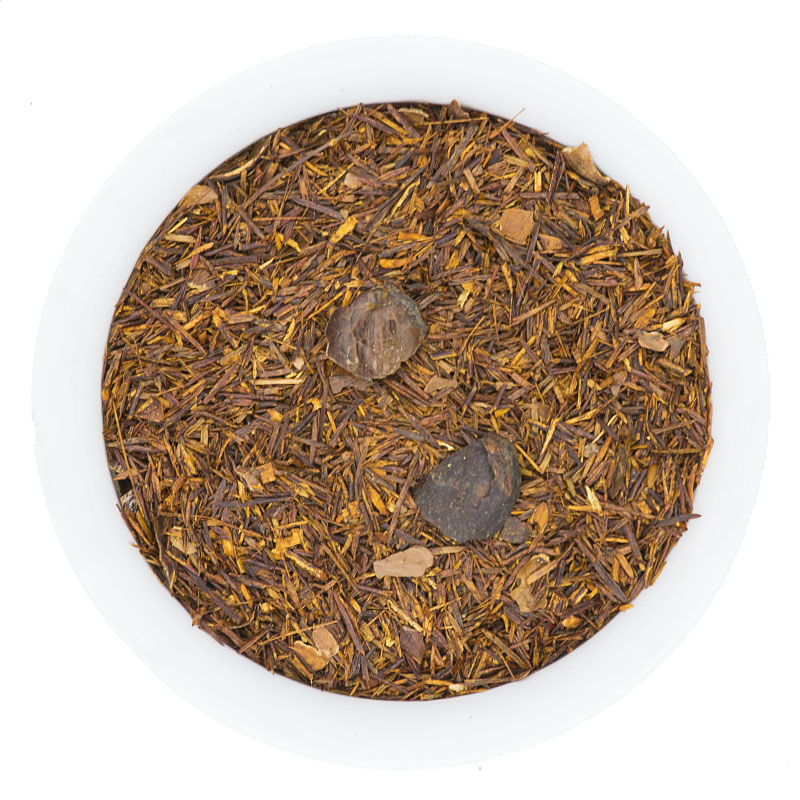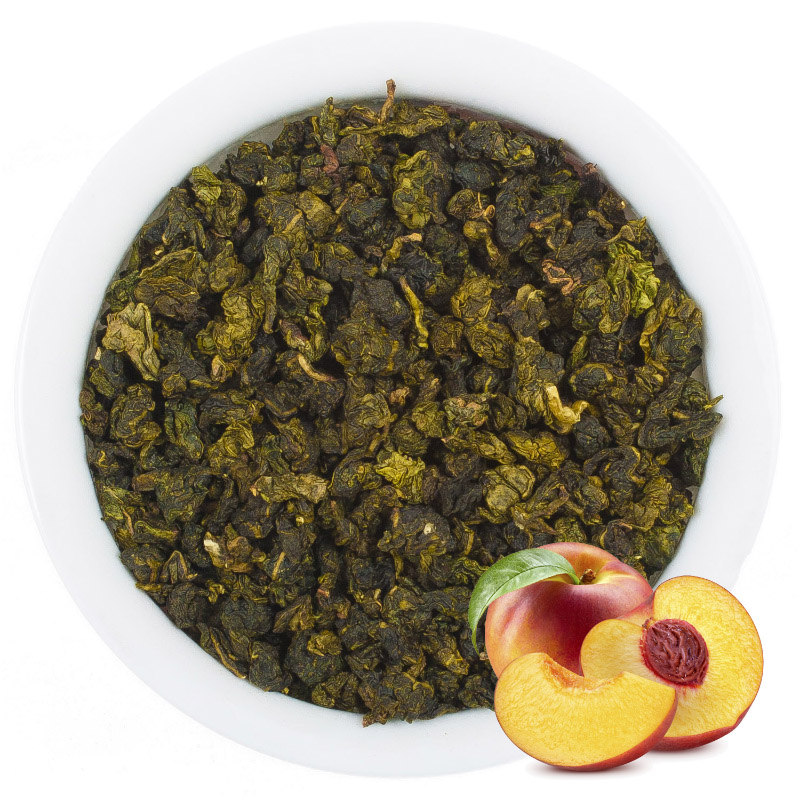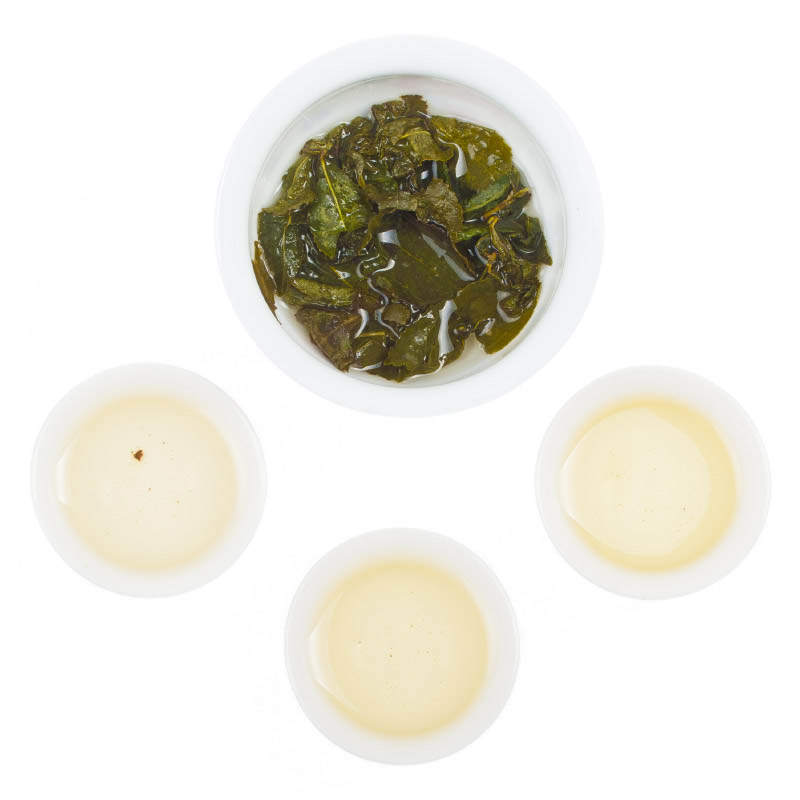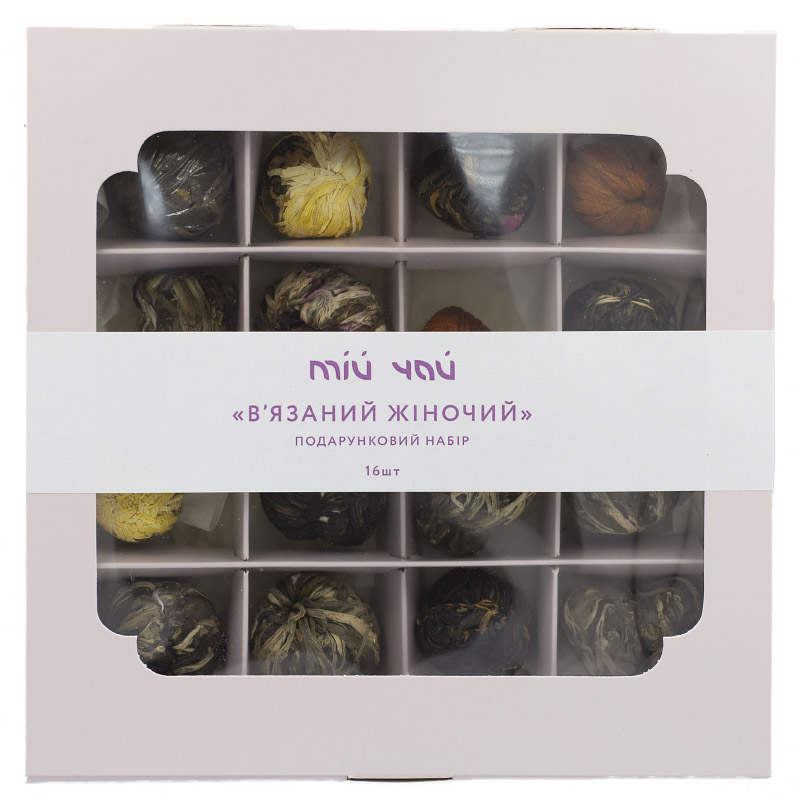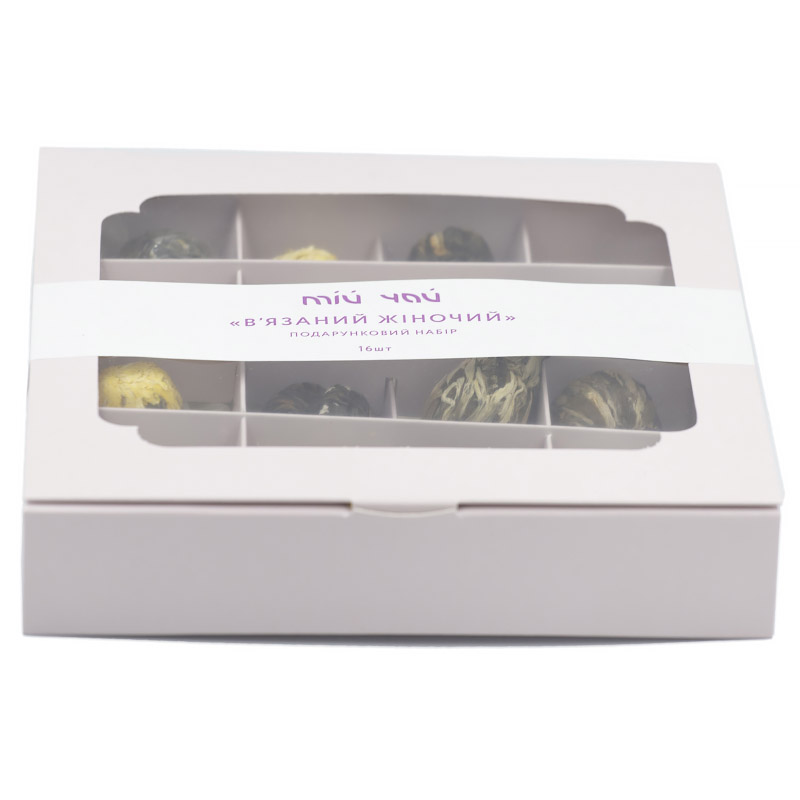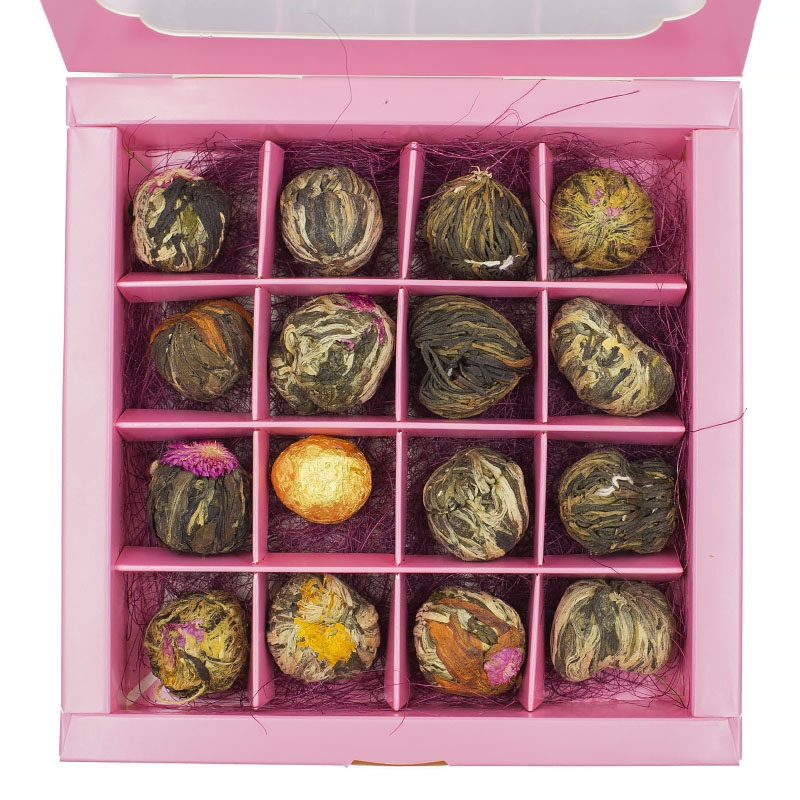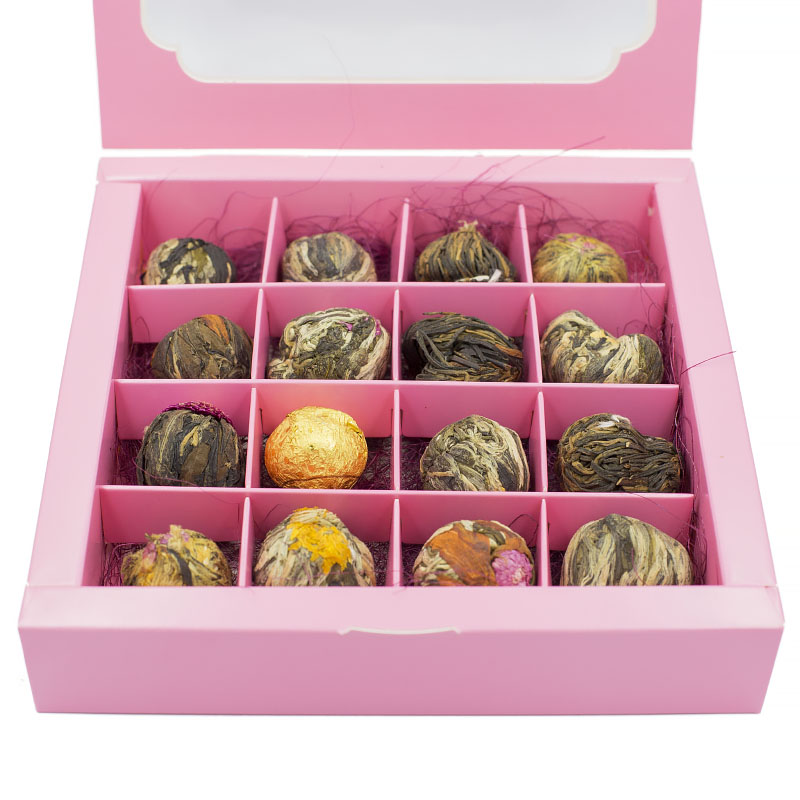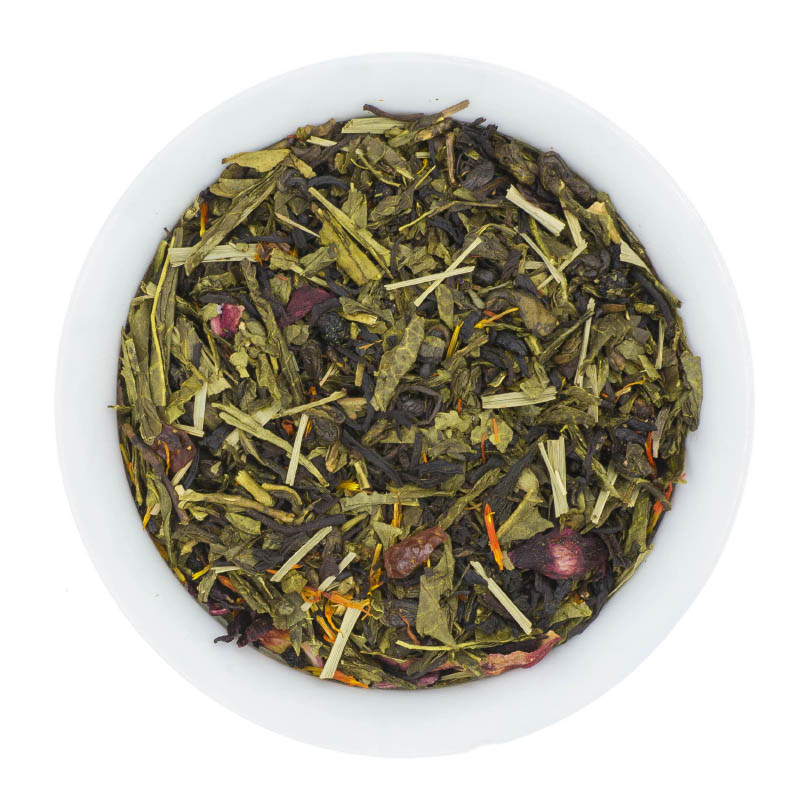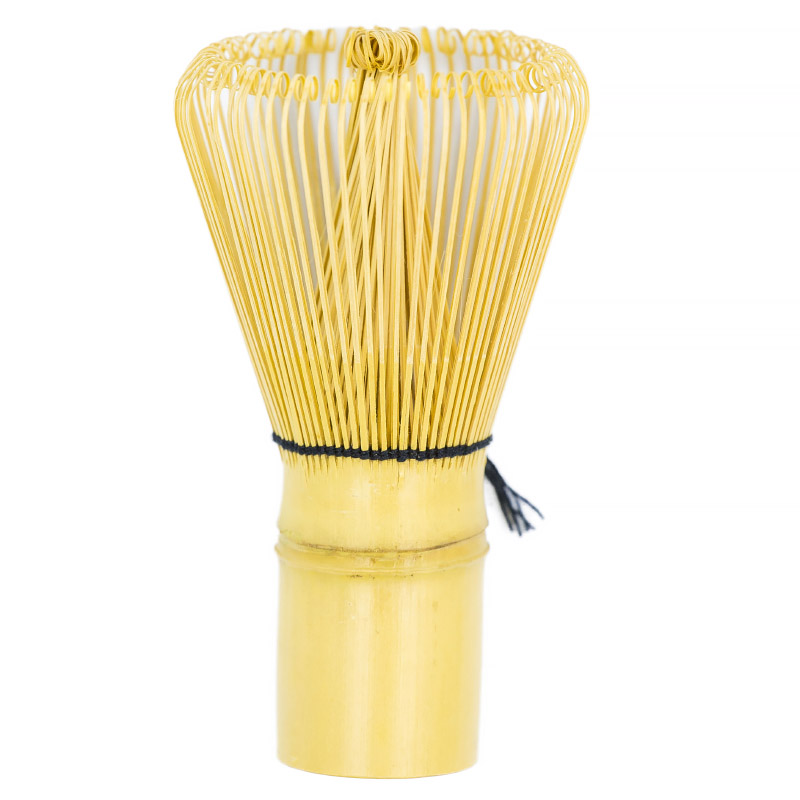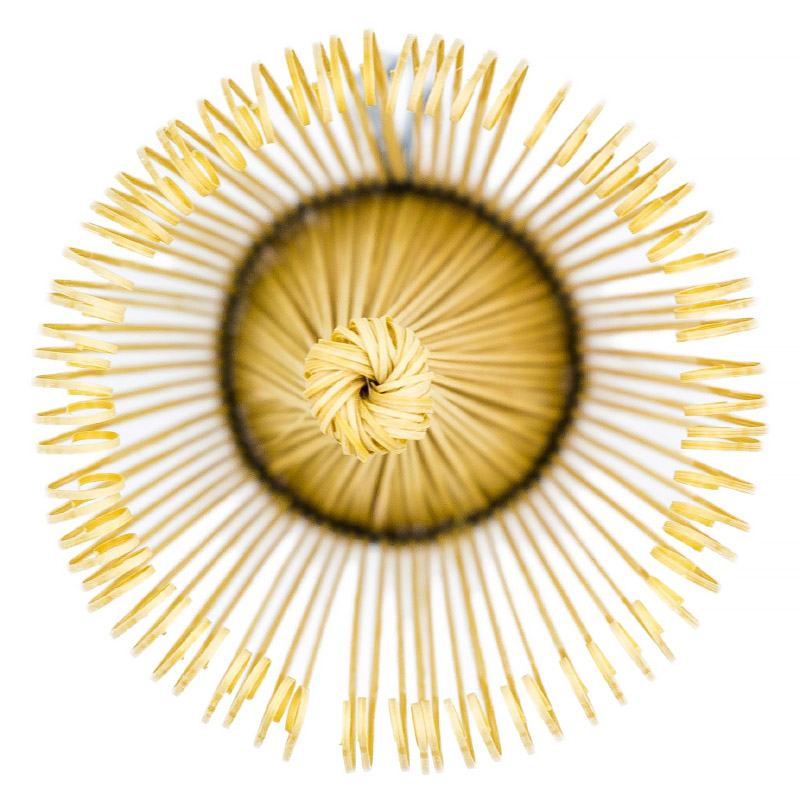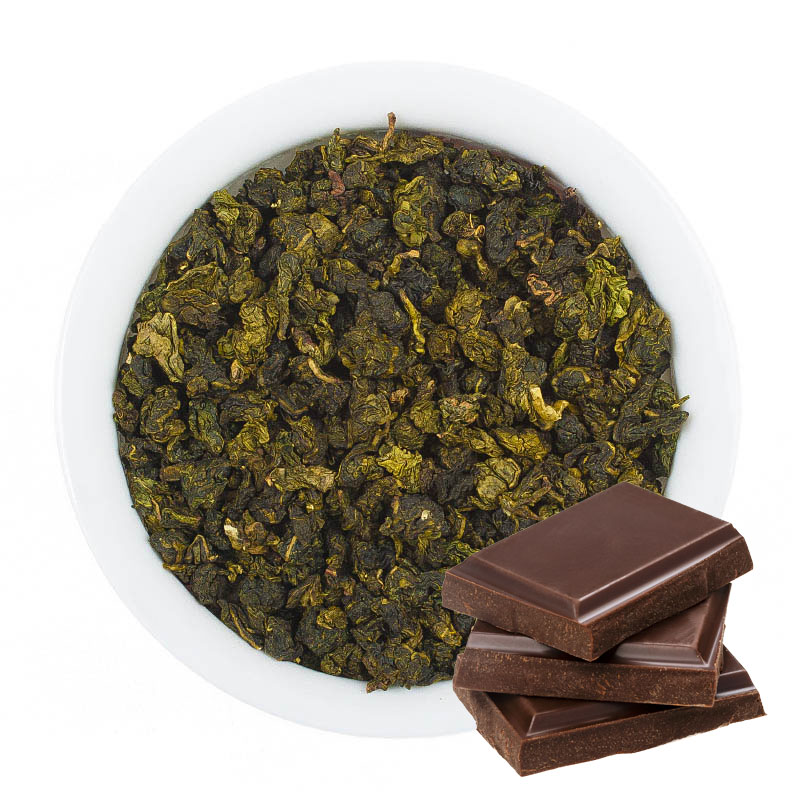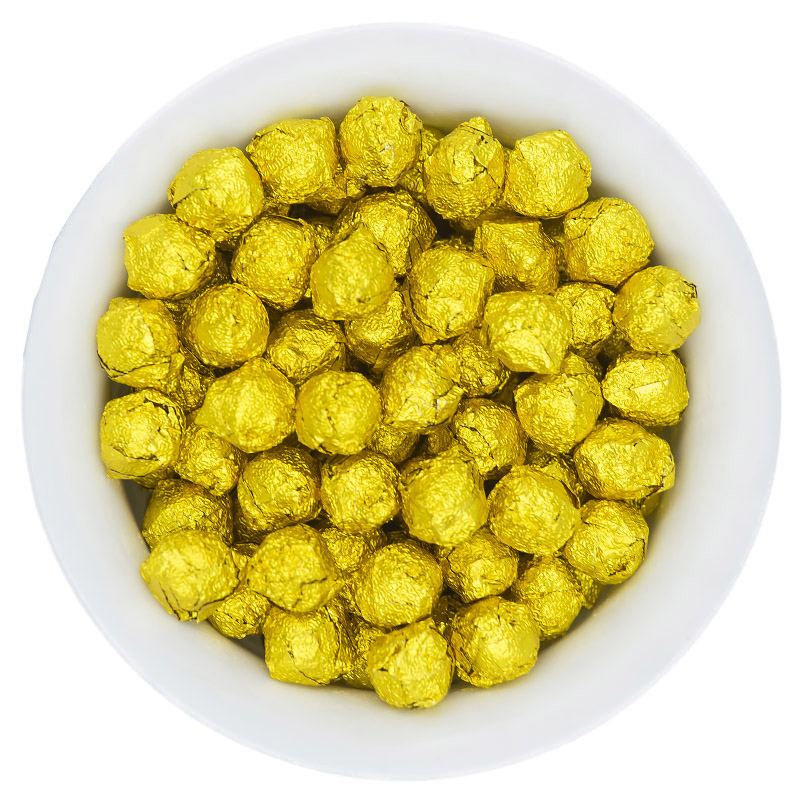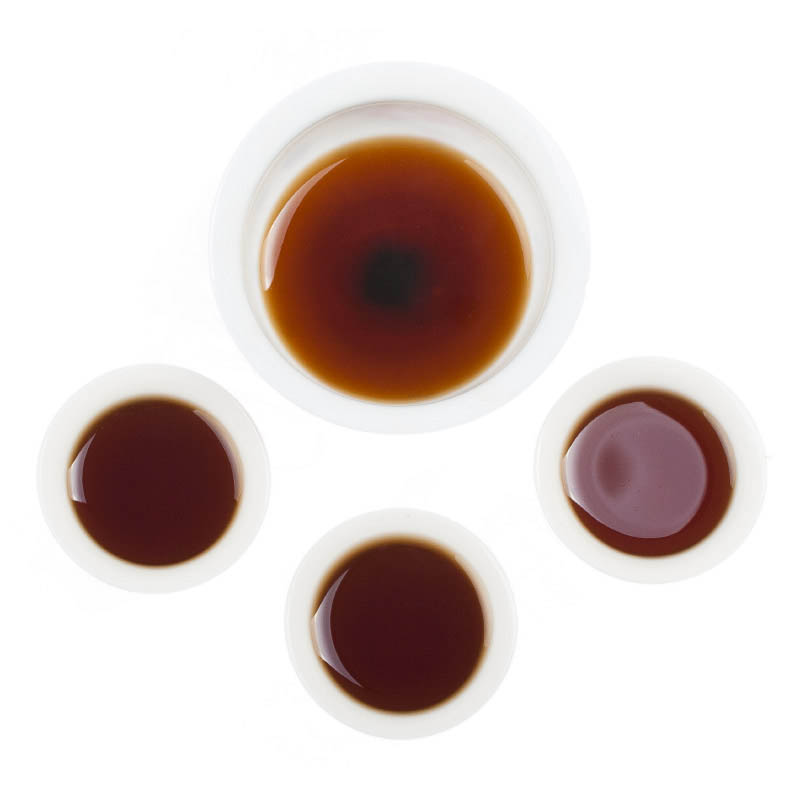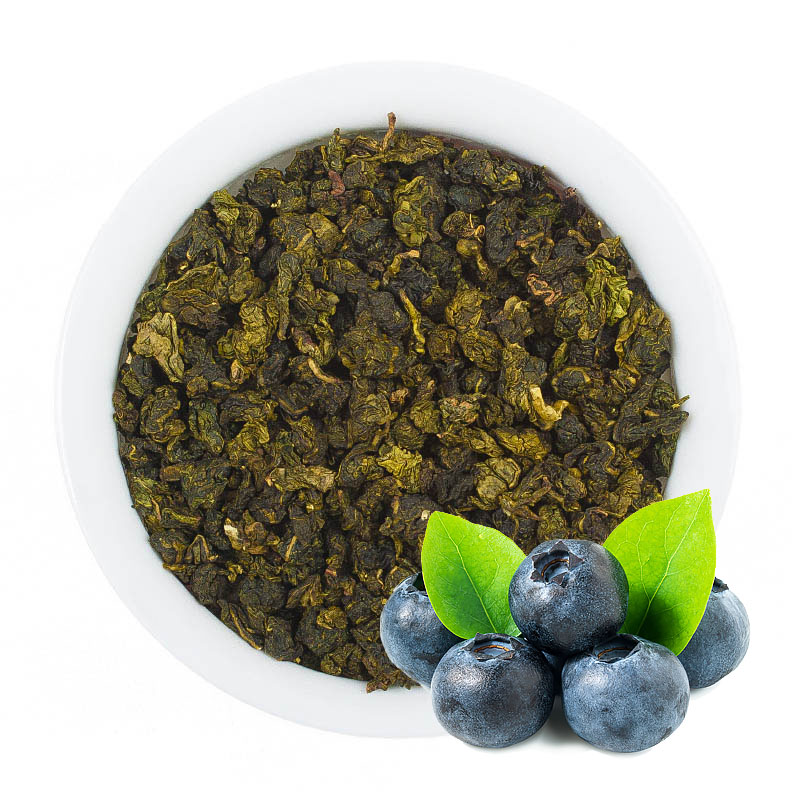Green Tea and Blood Pressure: Does It Raise or Lower It?
Green tea contains more than 500 beneficial components! Impressive, isn’t it? Just imagine how valuable a single cup of this unique beverage is! Delicious and fragrant, it not only delights the senses with its subtle aroma and flavor but also has a positive effect on the body's overall functioning. Regular consumption of high-quality loose-leaf green tea guarantees 100% intake of:
- amino acids,
- vitamins,
- minerals,
- alkaloids,
- polyphenols,
- carotenoids,
- pectins and tannins.
Note — it must be high-quality loose-leaf green tea. What you find in typical supermarkets can hardly be called a “healing drink.” It may contain trace amounts of the plant’s benefits, but only in minimal quantities. The greatest benefits lie in teas grown and produced in China’s tea provinces.
Today, we’d like to focus not on the general healing properties of this unique drink, but rather delve into the question: “Does green tea raise or lower blood pressure?” Many people in Ukraine love this “elixir of youth and health” and want to ensure that its effects on the body are beneficial. That’s why the query “green tea and blood pressure” concerns both men and women.
The influence of green tea on blood pressure is a complex issue without a clear-cut answer. Some say green tea increases blood pressure; others say it lowers it. So, who is right? After reviewing countless studies, expert opinions, and testimonials, we’ve concluded: green tea — made from lightly fermented or unfermented whole leaves — can both lower and raise blood pressure. It’s a “two-in-one” effect.
Green tea’s effect on blood pressure has been studied for years. While its general health benefits are undisputed, its influence on blood pressure is less straightforward. Doctors and experts agree: it depends on the individual — their age, the condition of their blood vessels, heart, nervous system, caffeine sensitivity, etc. Some people can drink strong coffee without feeling jittery; others get dizzy after just a few sips. It’s the same with green tea.
Let’s start by saying that green tea has a beneficial effect on the cardiovascular system. But its impact on blood pressure will only be positive if it’s brewed, consumed, and purchased properly (meaning, the tea must be of high quality).
Green tea is not medicine! You can’t expect instant results from a single cup. Studies confirm: green tea can affect blood pressure only with regular use — and again, proper use. The strength of the brew and the quantity consumed are key.
The answer to “Which tea raises blood pressure?” or “Which lowers it?” depends not on the variety, but on the steeping time.
For hypertensive individuals, green tea should be steeped for 1–2 minutes. This reduces the amount of stimulating caffeine and increases the catechins, which help lower blood pressure and thin the blood.
For hypotensive individuals, it’s recommended to steep the tea for 6–7 minutes. This increases caffeine content, which helps raise blood pressure.
How does green tea influence blood pressure? A 250 ml cup contains 20–30 mg of caffeine. For comparison: the same amount of instant coffee has 30–50 mg, cappuccino — 50–60 mg. So yes, green tea can raise blood pressure — though not as strongly as coffee. However, a stronger brew will contain more caffeine.
In cases of high blood pressure, green tea can:
- help regulate cholesterol levels,
- improve circulation,
- act as a mild diuretic,
- relieve brain vessel spasms.
Can green tea be consumed with high or low blood pressure? Yes! But don’t exceed 3 cups per day.
Research from Japanese scientists confirms: green tea only lowers blood pressure with prolonged use. One cup or one week won’t do it. Visible results only come after several months of regular, moderate consumption.
Does green tea lower blood pressure? Yes, if the condition is related to cardiovascular health. A cup won’t cure you, but it can help bring your pressure down a little.
Regular consumption of green tea may reduce the risk of heart attacks by 40% and hypertension by 60%.
Which green tea lowers blood pressure? A properly brewed tea, served without milk or sweeteners.
There’s no such thing as “green tea for pressure.” That’s a misleading term. You can ask, “Which tea helps normalize blood pressure?” — and the answer would be: green tea.
What does it mean to normalize pressure?
- Blood vessels gently dilate,
- Excess fluids are removed,
- Weight is reduced,
- Blood clotting is regulated,
- Risk of thrombosis is lowered,
- The brain receives more oxygen-rich blood.
Which tea increases blood pressure? Technically, any tea can raise it — depending on its strength, type, and individual body response to caffeine and other compounds.
How to test how green tea affects your own blood pressure? Brew quality loose-leaf green tea and drink 250–300 ml 30 minutes before a meal, without sugar or milk. Your body will tell you whether it raises or lowers your pressure.
Green Tea Contraindications
- Do not drink on an empty stomach or late at night.
- Do not mix with alcohol (it increases kidney strain).
- May reduce the effectiveness of medications (avoid taking together).
- Not recommended for people with tachycardia, nervous disorders, or insomnia.
So what’s the verdict? Green tea’s effect on blood pressure is positive. A lightly brewed infusion is beneficial to everyone! It plays an important role in the prevention of cardiovascular diseases at any age. And while the topic “green tea and pressure” is well studied, it still sparks debate. Millions of people drink billions of cups of this unique drink daily, gratefully thanking China for this gift. Despite the popularity of Japanese teas, China still leads the global tea industry.
The link between “green tea and blood pressure” is undeniable. Its components gradually eliminate not only the symptoms but the underlying causes of pressure-related issues. Drinking green tea regularly is a way to feel healthier, stronger, and more vibrant. Only those who truly love themselves make time to enjoy this exotic elixir that lifts the mood better than the first days of spring sunshine. Remember: health and happiness are inseparable!
